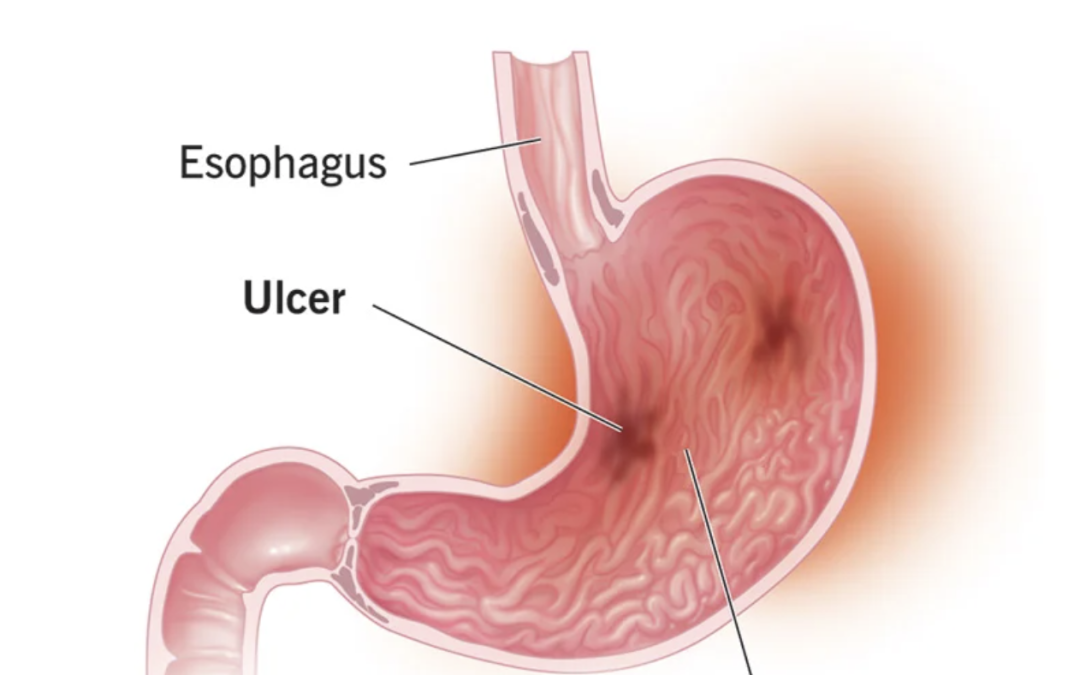To manage gastritis, here are some tips:
1. Follow a healthy diet: Avoid spicy, fatty, and acidic foods that can irritate the stomach lining. Instead, opt for a diet rich in fruits, vegetables, whole grains, and lean proteins.
2. Eat smaller, more frequent meals: Instead of having three large meals, try eating smaller meals throughout the day. This can help reduce the workload on your stomach and prevent excessive acid production.
3. Avoid trigger foods: Certain foods can trigger gastritis symptoms in some individuals. Common trigger foods include caffeine, alcohol, citrus fruits, tomatoes, and spicy foods. Identify your trigger foods and avoid them.
4. Manage stress: Stress can worsen gastritis symptoms. Practice stress management techniques such as deep breathing exercises, meditation, or yoga to help reduce stress levels.
5. Quit smoking: Smoking can irritate the stomach lining and worsen gastritis symptoms. Quitting smoking can help improve your overall digestive health.
6. Limit NSAID use: Nonsteroidal anti-inflammatory drugs (NSAIDs) such as ibuprofen and aspirin can irritate the stomach lining. If you need to take these medications, do so under the guidance of a healthcare professional and try to limit their use.
7. Stay hydrated: Drink plenty of water throughout the day to help maintain a healthy digestive system.
8. Get enough sleep: Lack of sleep can contribute to increased stress levels and worsen gastritis symptoms. Aim for 7-8 hours of quality sleep each night.
9. Avoid alcohol: Alcohol can irritate the stomach lining and worsen gastritis symptoms. Limit or avoid alcohol consumption.
10. Consult a healthcare professional: If your symptoms persist or worsen, it is important to consult a healthcare professional for a proper diagnosis and treatment plan. They may recommend medications or other interventions to help manage your gastritis.

Dr. Debabrata Sarkar is a good Physician & Diabetes Doctor in Kolkata, Burdwan, Berhampore, Malda, Raghunathganj, Lalbagh. He did MBBS from Burdwan Medical College in 2013. After that Dr. Sarkar joined as House Physician in Internal Medicine and Cardiology department respectively.He gained wide experience in various patients of medicine and cardiology.He completed Post Graduate Diploma in Diabetes & Renal Management, Post Graduate Diploma in Advance Cardiology & ECG (Certified by Royal College of Physicians, UK). Currently Dr Sarkar is working in Murshidabad Medical College & Hospital.
FAQ :
How to book an appointment – You can book an appointment by calling at 9734100999 or book appointment online from ‘MedConnectPlus: Book Doctors’ app
Android: bit.ly/3a9bY84
IOS : bit.ly/mcplusios
How much consultation cost ? – Consultation fee is Rs. 400
May I know clinic locations? – Kolkata, Burdwan, Berhampore, Raghunathganj, Lalbagh, Malda

